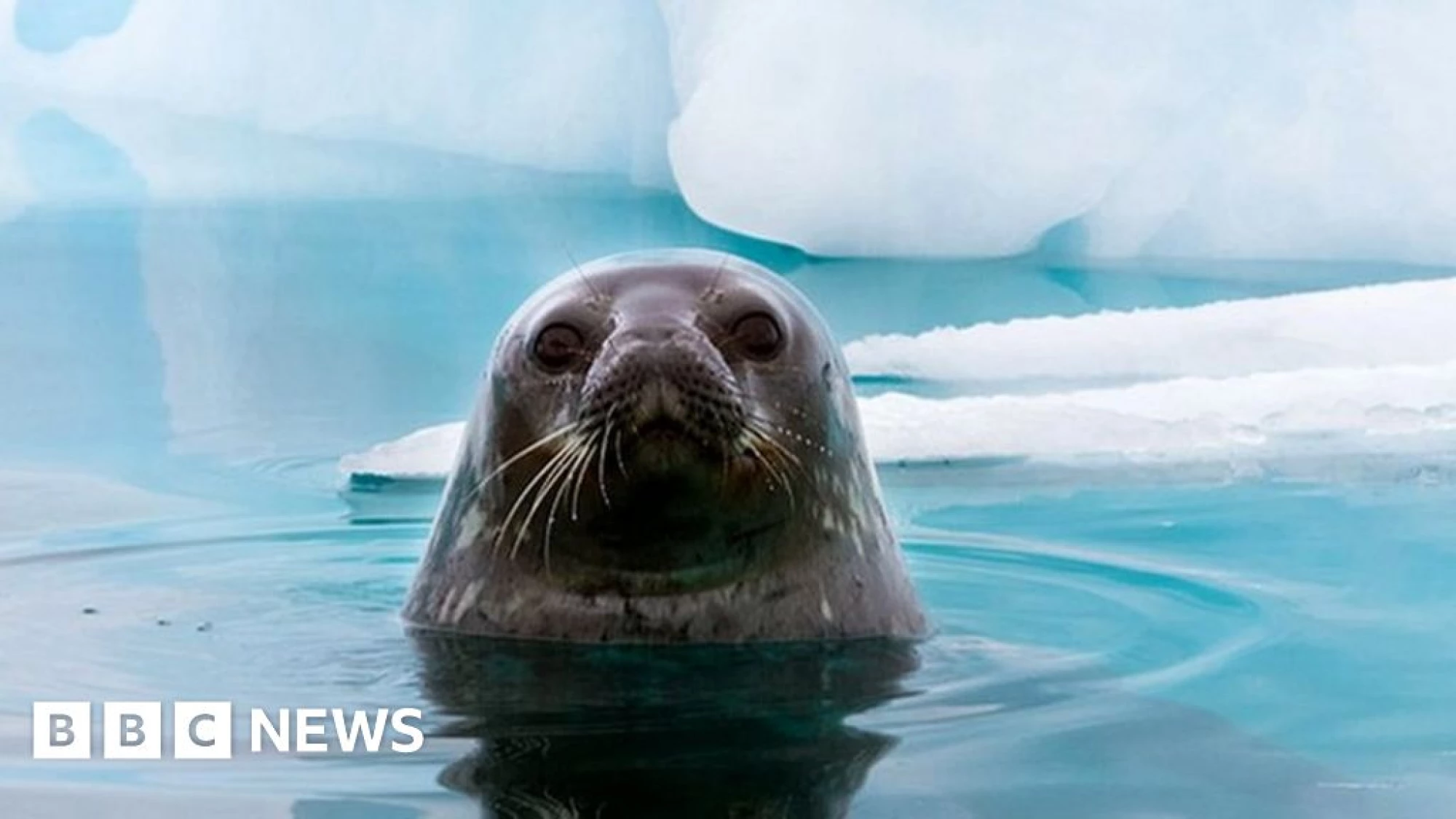Ozone hole: Why Antarctic wildlife is being 'sunburnt’ - BBC News

A wildfire-fuelled ozone hole leaves Antarctic wildlife exposed to potentially damaging levels of UV.
15 hours agoShareclose panelShare pageCopy linkAbout sharingRelated TopicsClimateImage source, Getty ImagesImage caption, A hole appears in the ozone layer above Antarctica every yearBy Victoria GillScience correspondent, BBC NewsFor Antarctic wildlife, exposure to the Sun's damaging rays has increased in recent years, scientists say.
A hole in the ozone layer - the protective barrier of gas in the upper atmosphere - now lingers over the frozen continent for more of the year.
A major cause of ozone loss is believed to be the amount of smoke from unprecedented Australian wildfires, which were fuelled by climate change.
The study is published in the journal Global Change Biology.
Climate change biologist Prof Sharon Robinson told BBC News: "When I tell people I work on the ozone hole, they go: 'oh, isn't that better now?'"
https://www.bbc.co.uk/news/science-environment-68906013
Rating: 5